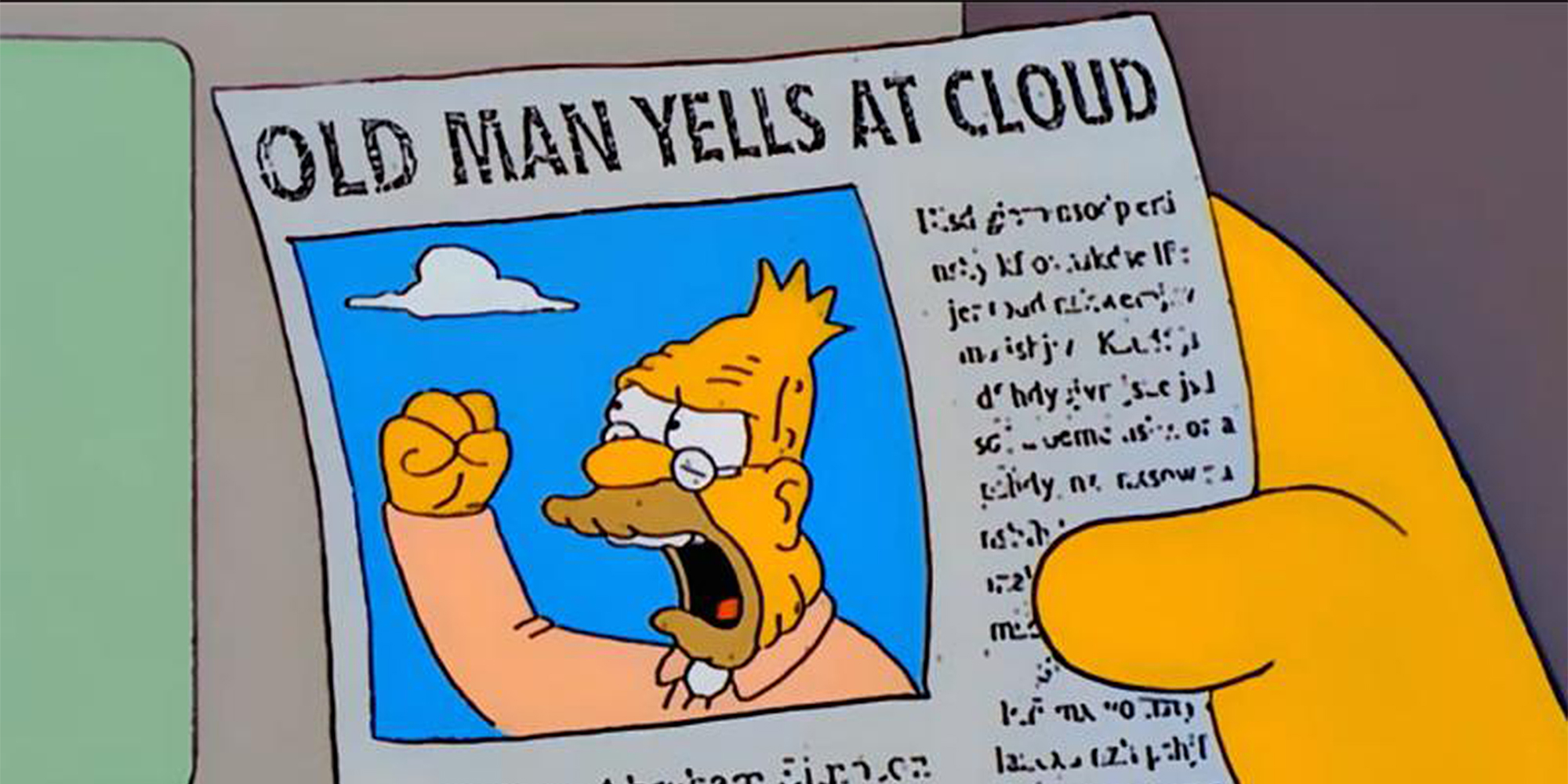A team could theoretically attempt a shot every moment they enter the offensive zone, it doesn't matter what kind of shot or where it ends up or where on the ice you took it, and their corsi would improve. Does that actually help them win, though? That's where corsi loses its value to me as a predictive metric. It's not something a team can use to improve their chances of winning, it's a description of how good a team is at possession.
Putting aside the fact that no player or team plays like this, this is actually a good example of a misunderstanding that people have about Corsi.
"A team could theoretically attempt a shot every moment they enter the offensive zone, it doesn't matter what kind of shot or where it ends up or where on the ice you took it, and their corsi would improve."
The thing about Corsi is that the shot attempts themselves are not individually important. The shot attempt simply tells us that the team had the puck, because you need to have the puck to attempt a shot.
In a weird way, everything that happens BETWEEN the shot attempts is more important than the shot attempts themselves. That includes, chasing down the rebound, winning races, winning 50/50 puck battles, making passes, keeping the puck alive in the zone... all the little things that 'eye test' aficionados claim stats don't take into account, are all captured in Corsi, because they're all necessary for a team to take a shot, get the puck back, take a shot, get the puck back, etc.
Teams that take a shot into the shin-pads, and then allow the other team to take one or more shot attempts for themselves are NOT strong corsi teams. At BEST, they will trade one attempt for one attempt, leading to a 50% Corsi, which would be middle of the pack.
In a hypothetical world, yes, a team could 'boost' their corsi by just taking any shot ever, but that team would still have to do all the little things to get the puck back and keep shooting for their corsi to go up relative to their opponent.. and so long as there's one puck in hockey, as long as that hypothetical team is doing so, their opponent doesn't have the puck to even attempt a shot on net.
In reality, there is no system in hockey that tells players to take a worse quality shot when a better quality play or opportunity is available.






